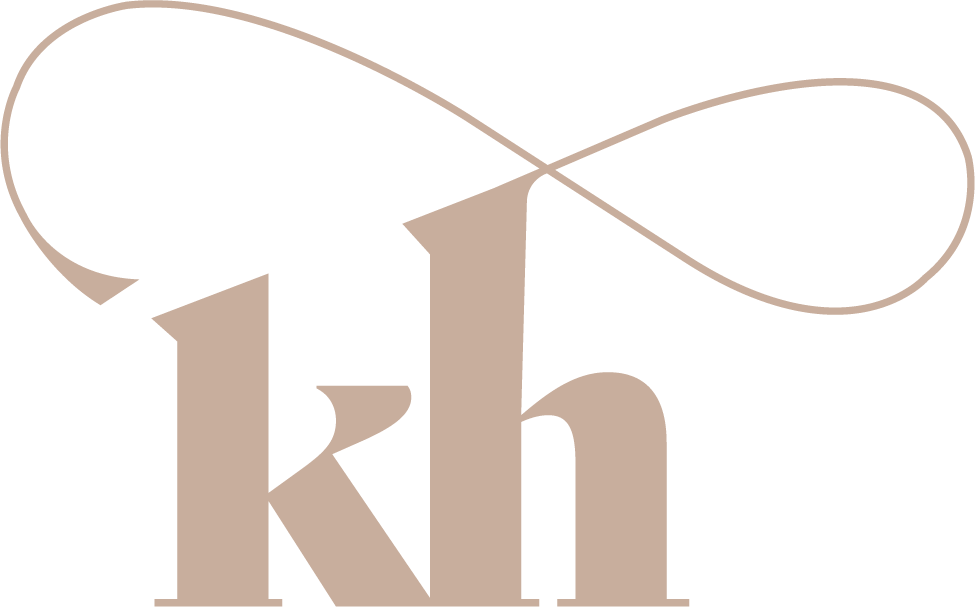What is UX Research?
Hi all! For those of you who don’t know, by day, I’m a User Experience (UX) Researcher at a late stage startup here in Seattle! It’s a fairly new field that continues to grow and I get so many questions about what it is, so I thought I’d share what really UX Researchers do.
Is UX Research the same as UX Design?
This is probably the misconception I get the most. Many assume that UX Research and UX Design are the same thing. While there are people who are skilled in both, they each play a different role in the design process. UX Researchers are responsible for understanding what questions are trying to be answered by stakeholders (often product managers + designers) and develop a research study that answers those questions.
There are 2 forms of research: generative vs. evaluative. Generative research is used at the beginning of the design process where researchers take a deep dive into a specific space/user group in order to identify current challenges and opportunity areas a business can tackle. This is one of my favorite parts about research since it allows me to be strategic and help influence the product roadmap. On the other hand, evaluative research is used throughout the rest of the design process. UX Designers are focused on developing what the information architecture/ user flow of a product should be as well as the look and feel of the product. They work really closely with researchers to do evaluative work like usability tests to understand if users are interacting with the product the way it is intended.
What does your day to day look like?
This varies day to day depending on the type of research I’m conducting and stage of research process I’m in. For context, there are Quantitative and Qualitative researchers, those who are skilled in both are called Mixed-Method Researchers. Quantitative Researchers focus more on data + statistics, while Qualitative Researchers focus on deriving findings based on people’s thoughts and opinions. I fall more into the qualitative category, but want to expand my research toolkit and become a Mixed-Methods Researcher.
As a Qualitative Researcher, I work really closely with Product Managers and UX Designers to understand areas where we’re lacking information or new designs/concepts we’d like to test. After gathering research requirements from them, I create a research plan that outlines what research methodology I’d be using, the participant criteria, research questions to ask during study, etc. Once the plan is developed, I’ll sync back in with the group I’m working with and pilot the test to ensure that everything will run smoothly. Then, I’ll conduct the study, synthesize the results, and share the findings + recommendations back to the group.
Being a researcher, your day to day always changes and each study is a new challenge. This role never gets boring and the work truly impacts the direction of the product.
Do you need a Master’s or PhD to get into UXR?
The short answer is no, but it does help! A lot of UX Research job descriptions include having a “Master’s or PhD in Human Computer Interaction (or similar)” in their qualifications criteria. These programs allow you to get a foundational understanding of HCI, learn different research methodologies, and create portfolio pieces. These are all helpful skills to have, but if you have an undergraduate degree in HCI with relevant internship experience, you can still work in UXR and I feel like it’s becoming more common for people to get into UXR without a graduate degree. Though, there are cases where a Master’s or PhD may be required if you want to do research in a specialized field and need deep knowledge in a specific domain.
How did you get into UX Research?
I studied Informatics at the University of Washington and was originally exploring UX Design. Though, when I interviewed for a design role at DirectTV, the hiring manager saw that I had a marketing background and thought that my experience doing market research would align better with UX Research. At the time, I didn’t know much about the field, but thought I’d take a leap and try it out. The rest was history! I love talking to people to understand their thought process and making strategic recommendations to the product team. It’s the perfect role and I’m so lucky to have stumbled across it. There’s so much more for me to learn and I can’t wait to see where my UXR career takes me!
If you have any questions about UXR or want a UXR buddy, leave a comment or email me; I’d be happy to chat!
xo Kerstin
